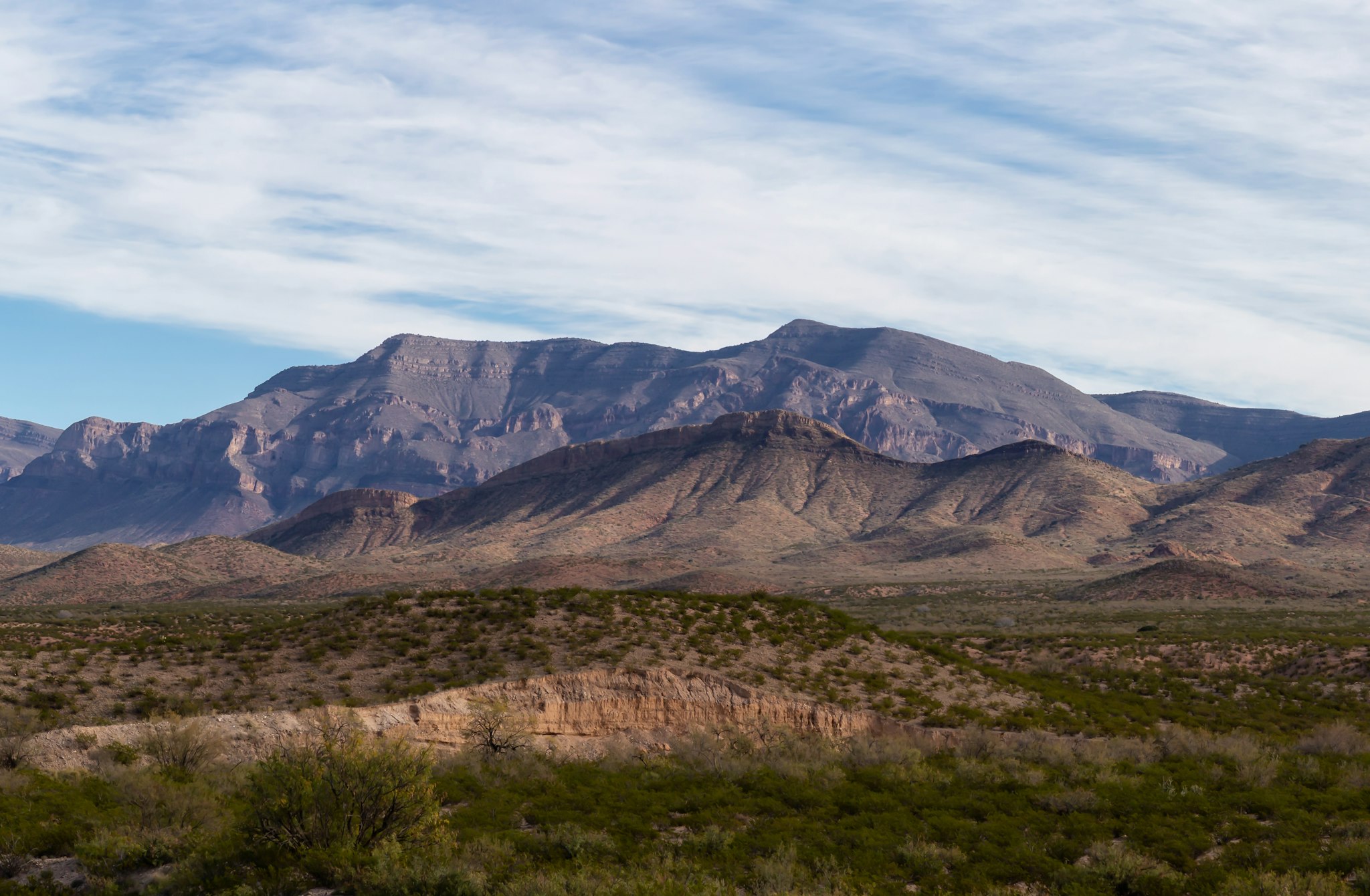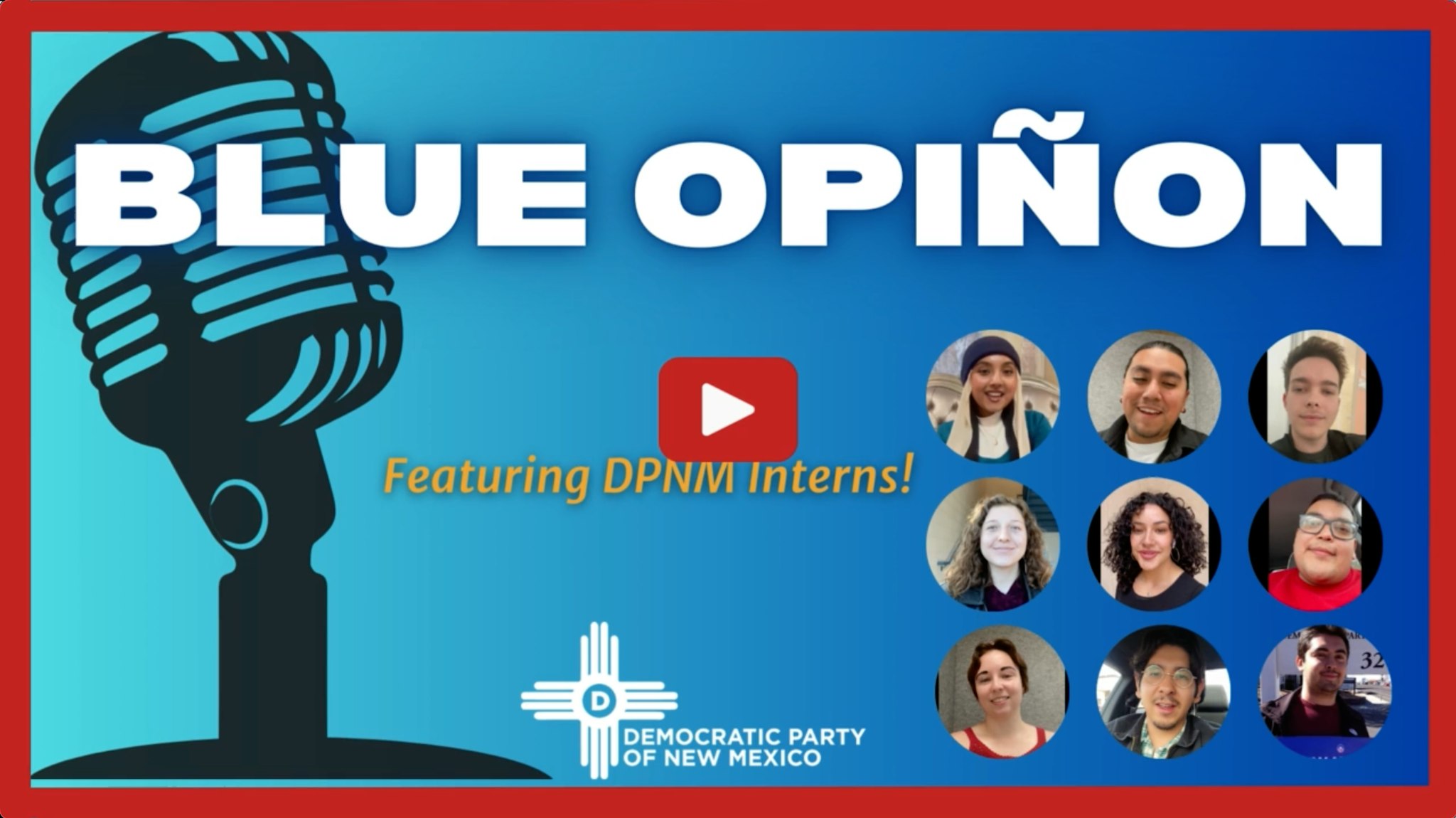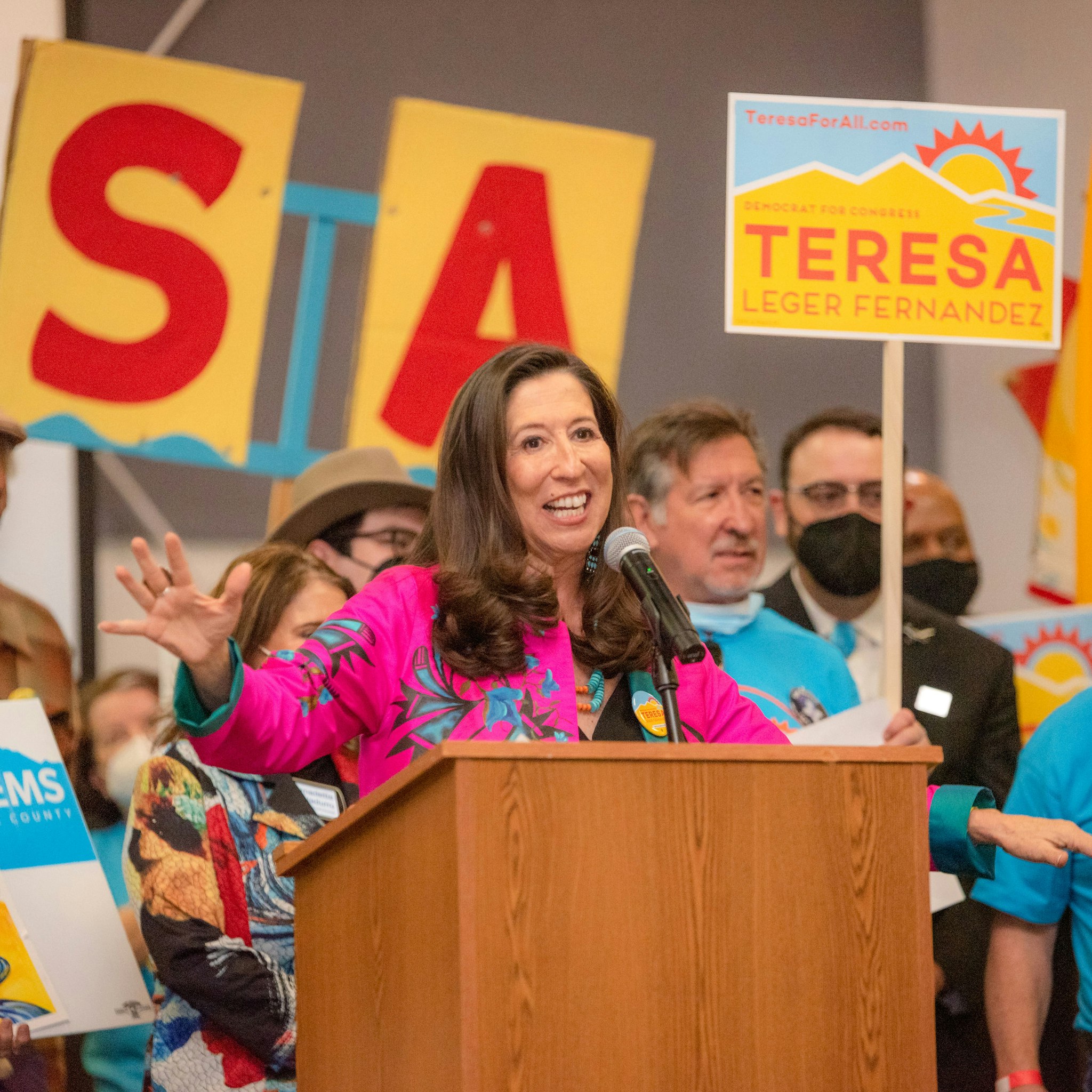New Mexico Democrats are building the foundation for a prosperous and inclusive New Mexico, from Farmington to Carlsbad. We’re leading the fight to diversify our economy, invest in our public schools, expand broadband access, and provide quality health care for all New Mexicans.

Elect People-Powered Leaders
Elect People-Powered Leaders

Welcome to the
Democratic Party of
New Mexico
Welcome to the
Democratic Party of
New Mexico

Help Elect Democrats in New Mexico!
Help Elect Democrats in New Mexico!
*If you’ve saved your information with ActBlue Express, your donation will go through immediately. Contributions to the New Mexico Democratic Party are not tax deductible for federal income tax purposes.
news & press
96 Days Into Her Campaign, Voters Still Don’t Know Where No-Answer Nella Stands on Key Issues
96 Days Into Her Campaign, Voters Still Don’t Know Where No-Answer Nella Stands on Key Issues
Several weeks since No-Answer Nella dodged a real stance on abortion rights and voting for Trump in an interview with the Rio Grande Sun, the GOP candidate still refuses to give voters any specifics.
But what we have heard from Nella so far is that she plans to campaign on her last name and time in East Coast boardrooms, alarmingly out of touch with everyday New Mexicans.
DPNM Celebrates Earth Day from One of the Most Breathtaking Places on the Planet
DPNM Celebrates Earth Day from One of the Most Breathtaking Places on the Planet
Happy Earth Day! In New Mexico, we may take it for granted that we live in one of the most breathtaking places on earth. From White Sands, Shiprock, the Gila Wilderness, Carlsbad Caverns, the Rio Grande Valley, and so many more natural treasures, we are lucky that no one in our state has to go far to see why we are the Land of Enchantment.
No-Answer Nella Accepted Campaign Funds from Fake Elector
No-Answer Nella Accepted Campaign Funds from Fake Elector
No Answer Nella’s first quarterly FEC filing of her campaign revealed that she not only inflated her fundraising numbers to the press but also accepted a campaign donation from one of New Mexico’s notorious fake electors who partook in a scheme to falsely award New Mexico’s electoral votes to Donald Trump after he lost the 2020 presidential election.
sign up to
Volunteer
Volunteer
